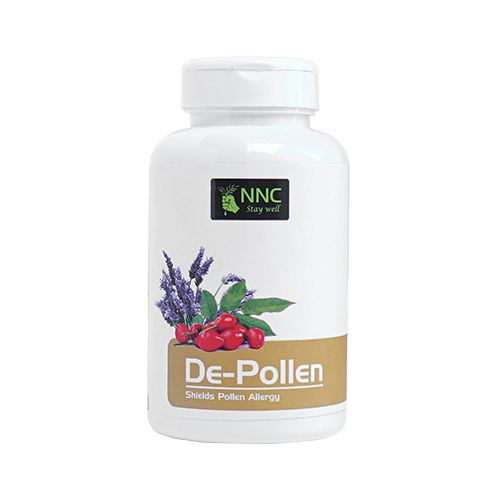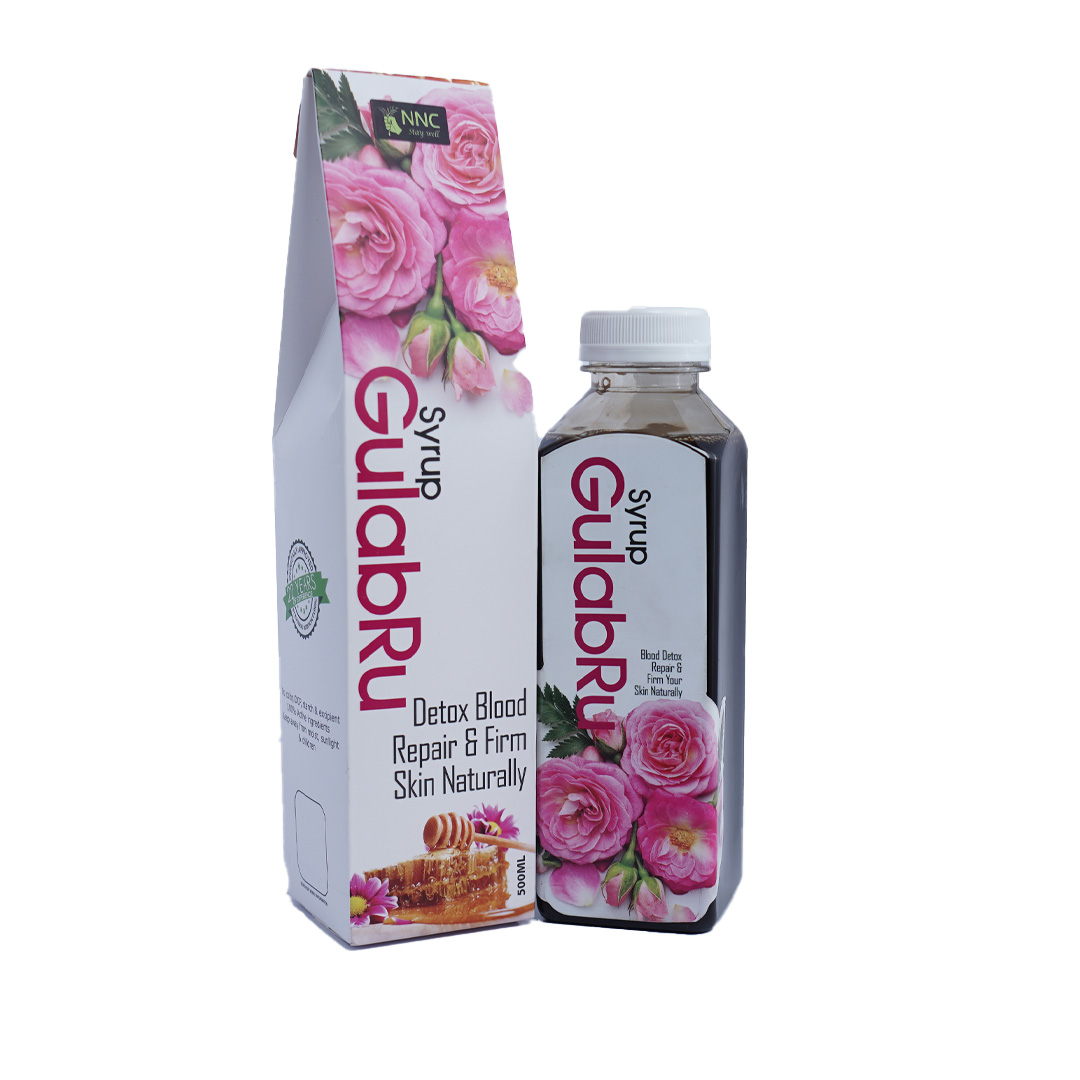PRODUCTS
De-Pollen
Original price was: ₨3,500.00.₨1,999.00Current price is: ₨1,999.00.
Benefits: Relives sneezing, runny nose, congestion, itching and watery eyes.
De-Pollen contains following ingredients:
1. Lavender’s Potential
2. Rose Hips
3. Cinnamon
4. Senna Leaves
5. Berberis Vulgaris (Barberry)
6. Tea Leaves
7. Nigella Sativa (Black Seed)
Dosage: 1 capsule twice a day.
Servings: Each container contains 40 capsules.
Product Description
Product Description:
Pollen allergy, often known as hay fever or allergic rhinitis, is triggered when pollen particles from plants are inhaled and cause an immune reaction. Common symptoms include sneezing, itching, runny nose, watery eyes, and congestion.
De-Pollen contains following ingredients and benefits:
· Lavender’s Potential: Lavender has been shown to have anti-inflammatory properties, which can be beneficial in reducing the body’s response to allergens. It contains antioxidants that can help support immune health. It is also known for its calming effect, which can help ease stress. Since stress can exacerbate allergy symptoms, lavender may offer indirect support for allergy relief.
· Rose Hips: Rose hips are rich in Vitamin C and antioxidants, which can help reduce inflammation and support immune function. They’re commonly used in herbal medicine for immune support and as a natural remedy to ease symptoms of colds and allergies.
· Cinnamon: Cinnamon contains compounds like cinnamaldehyde, which have anti-inflammatory and antioxidant properties. This may help reduce inflammation related to allergic responses, though it’s not specifically an anti-allergy ingredient.
· Senna Leaves: Senna is primarily a laxative and is used for digestive health, not directly for allergies. Overuse of senna can lead to dependency or other gastrointestinal side effects, so it’s generally advised to use it with caution and not for extended periods, especially if allergies are the focus.
· Berberis Vulgaris (Barberry): Barberry is known for its berberine content, which has antimicrobial, anti-inflammatory, and immune-boosting effects. It might offer some support in reducing histamine release, though studies are limited regarding its effect on allergies.
· Tea Leaves: Black and green tea contain flavonoids like quercetin, which is known for its antihistamine properties and can help stabilize mast cells (the cells that release histamine in response to allergens).
· Nigella Sativa (Black Seed): Nigella sativa has been shown in some studies to reduce allergy symptoms, possibly due to its thymoquinone content. This compound has anti-inflammatory and antihistaminic effects, making it potentially beneficial for managing allergies





Reviews
There are no reviews yet.